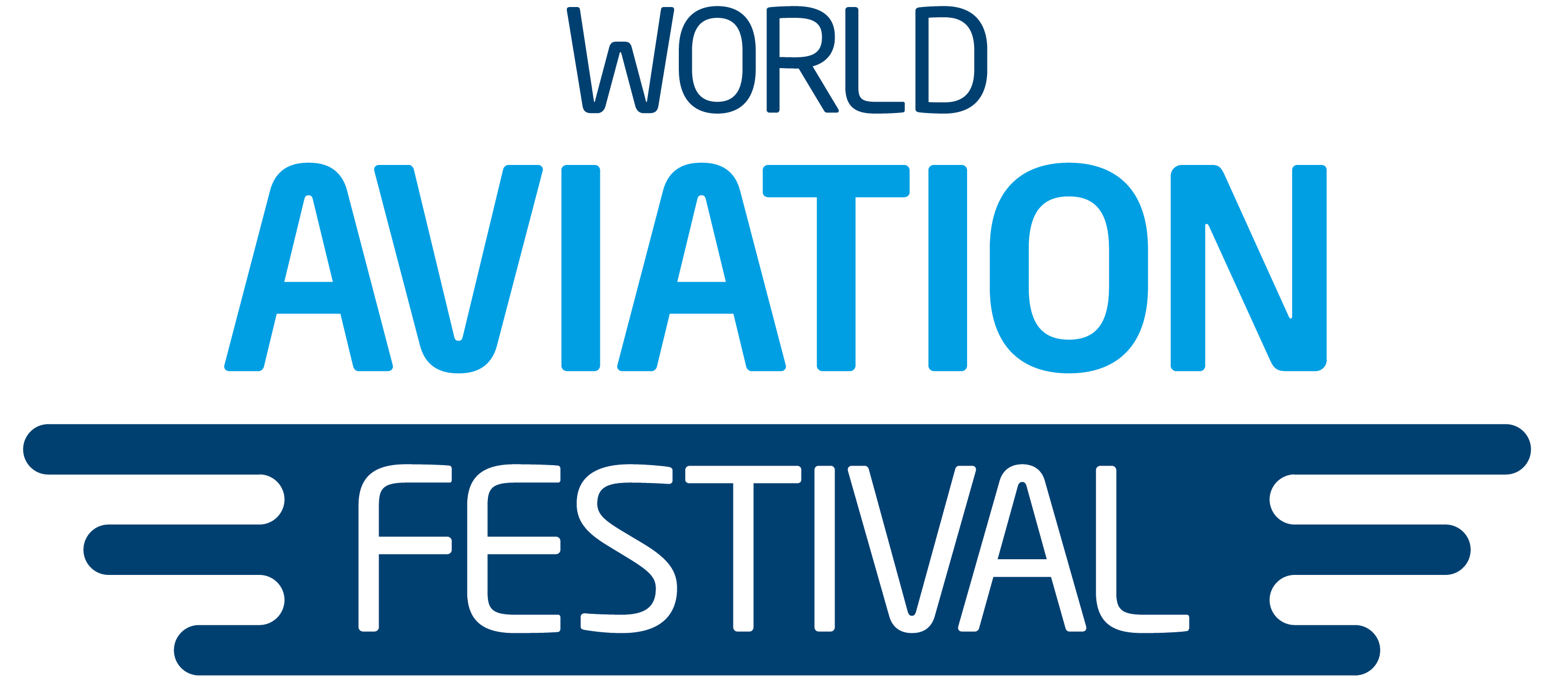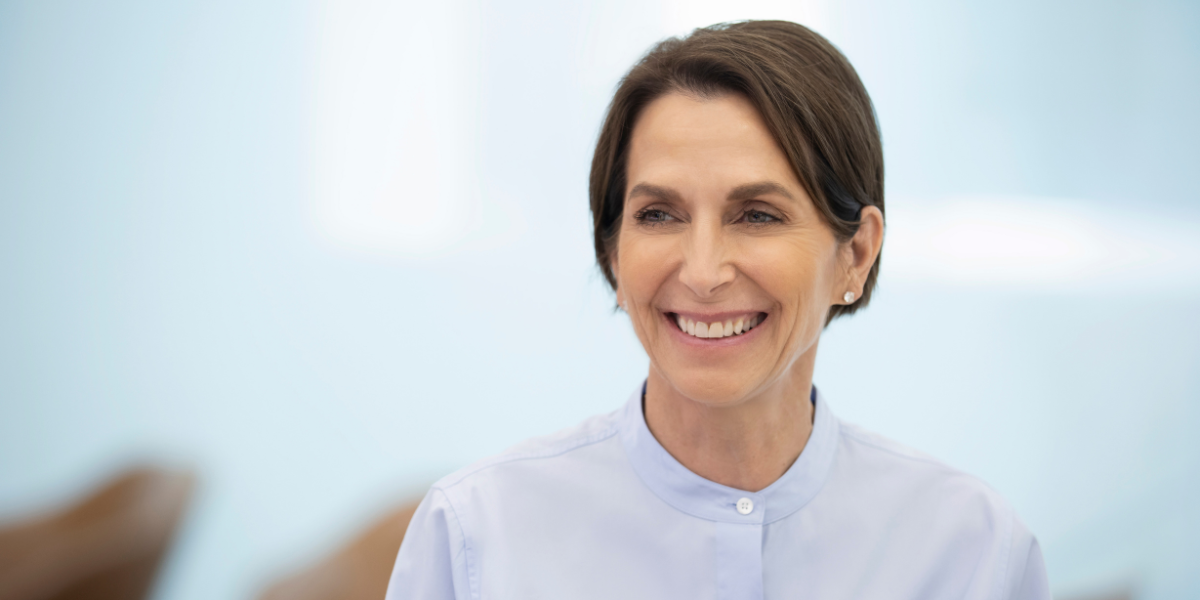Q&A with Virgin Australia CEO Jayne Hrdlicka
On 21 April 2020, Virgin Australia entered voluntary administration. In June, the airline was acquired by US-based private equity firm Bain Capital and by the end of November, Jayne Hrdlicka was appointed as the CEO. Under this new leadership, the airline emerged as a leaner, “mid-market carrier” filled with promise and by October, the airline had officially returned to profit. In this interview, Jayne Hrdlicka talks about the airline’s transformation journey, technology, engagement strategy, and more.
Q: In what ways has your strategy for the airline evolved since you entered Voluntary Administration?
A: Our strategy needed to fundamentally change, Virgin Australia had lost nearly $2b over ten years in the lead up to the pandemic and administration. New owners and a clean balance sheet gave us the freedom to step back, listen to our guests and our people, and then refocus the airline on an attractive and sustainable market position.
The day we emerged from administration we wasted no time embarking on a journey to completely transform every part of our business. That started with a significant investment in fleet and technology. The combination of these things means that since November 2020 over $300 million in annual costs has been removed. This has come about as a consequence of a very serious resizing and shaping of head office, transformation of our commercial function, adding depth and capability to our procurement team and end-to-end reimagining our customer experience. In short, investing in the things that matter to our guests and removing the things that do not.
Coming out of administration, we positioned ourselves as a value carrier providing great every day low fares to our guests, for an experience that provides the things they want and nothing else. As part of that we also created a sustainably competitive cost position. We have added to that the little extras that our customers are prepared to pay for as part of their base fare, like a lounge network, Business Class and Premium Economy, on board WIFI and IFE and of course our award winning loyalty program Velocity.
Underlying our new strategy is a laser focus on 33 per cent domestic market share. Our ambition is to remain the most loved airline in Australia with a winning team that attracts the very best, generates extraordinary loyalty from our guests, and delivers strong financial returns.
We have come a very long way in a short time and an incredibly turbulent time for the industry. We will are grateful for the investment and support from Bain Capital at a time in Australian aviation where there was no certainty on getting back to an open economy with lots of travel. From day 1 we began making significant investment that would enable both growth and transformation and we consistently took a long term view with the fundamental belief that the best return to shareholders would come from being in a position to fly and fly big when the market returned. This attitude of investing through a down cycle in preparation for the cycle to turn has been fundamental to our success.
Since exiting administration we’ve:
- Exceeded 7,000 team members – equal to growth of about 35 per cent.
- Simplified our business model to a single Boeing 737 fleet type, and subsequently grown our fleet size by nearly 60 per cent.
- Re-launched short-haul international flying and announced brand new international routes like Gold Coast to Bali, and Cairns to Tokyo.
- Added new world class international partners like United Airlines and Qatar Airways, who alongside our existing partners Etihad, Singapore Airlines, ANA and Hawaiian help us connect guests to over 500 destinations around the world.
- Restructured pricing and inventory management, resulting in better value Economy and Business Class airfares alongside higher RASK.
- Committed to net zero emissions by 2050.
Q: Would you say you used COVID-19 as an opportunity to transform Virgin Australia?
A: Without a doubt, COVID-19 gave us the opportunity to fundamentally restructure all parts of our airline at a time of very low levels of flying.
The pandemic also taught us to be more nimble in our approach. We incurred over 1,000 border changes through a 12 month period, which made airline operations very difficult. The consequences for our people were significant. Rosters continually changed and our teams had to check every morning what the new ‘rules of the day’ meant for them. We figured out how to get good managing the operation on very short notice and short planning cycles. To put the magnitude of COVID-19 in Australia in context, we went from operating 35 flights a day on Australia’s busiest route – Sydney to Melbourne – down to six flights a week. And even at that, load factors were sub 50% because every domestic flight required ‘permits’ for travel between most states during the peak of our lock downs.
The implications of all of this on an industry that is meant to be in perpetual motion cannot be overstated. But, we chose to look at the opportunity it presented to focus on transformation and get the business back in be competitive shape. We are seeing the upside of that now that now as demand recovers very strongly. Indeed, the industry is struggling to keep pace with the pace at which travel demand is bouncing back.
While we are far from finished delivering our transformation, we used the time we did have to accelerate change in our business to get ourselves into a position where today we are very competitive with growing momentum.
Q: Could you tell me a bit about the VA customer offer and how are you planning to deliver it?
A: A key part of our transformation was re-defining our position in the market. As a value carrier, we target value conscious corporates, small and medium sized businesses, and value conscious and premium leisure travellers.
Incredible value is at the heart of our customer offer. That means offering better value fares than our nearest competitor, while continuing to deliver excellent service and choice. We operate three seating choices on our flights: Economy, Economy X (extra leg room) and Business Class.
We have also complemented our domestic and short-haul international network by partnering with airlines like Singapore Airlines, Qatar, United Airways, Hawaiian Airlines, Air Canada, and ANA to ensure our guests have excellent connectivity should they wish to venture further afield.
Q: How does your new brand campaign “Bring on wonderful” hope to enhance customer experience?
We recently launched our new brand mission and campaign, Bring on Wonderful, which seeks to reimagine the airline experience for Australians and celebrate the richness and diversity of our people and guests.
The challenge of any brand campaign is bringing it to life for customers. So, we’ll be rolling out a series of new customer experience innovations as part of it. The first of these, the Middle Seat Lottery, was launched straight after unveiling the new brand.
It’s a really fun initiative and struck a real chord with the public, judging by the huge amount of global attention the campaign attracted. Middle Seat Lottery turns every Virgin Australia middle seat into the luckiest seat on the plane, with more than $230,000 worth of prizes up for grabs for guests who either select or who are assigned a middle seat when flying with us until April this year.
We really can’t wait to bring more of these wonderful experiences to our guests.
Q: What methods are you using to optimise engagement with your loyalty programme?
A: Velocity is the country’s third biggest loyalty program, having just hit 11 million members. Our membership numbers are equal to one Velocity member in every Australian household.
Both the airline and Velocity have gone through significant transformation and are delivering great value for our guests and members. For example, through our strategic partnerships our guests can fly to more than 500 destinations around the world. This is one small example of wonderful end-to-end experiences on offer in the Virgin Australia group.
So, we recently backed ourselves on that by launching a ‘Switch-A-Roo’ campaign, which was a cheeky offer for participants of other airlines’ loyalty programs to status match at Velocity. We had thousands of applications during that campaign, which was well above our assumptions. In fact, it was about three times the number we were expecting. And the best part of the campaign, the engagement levels of our new status matched members came in high and continues to grow.
We also launched an exclusive retail partnership with iconic Australian department store Myer last year, allowing Velocity Frequent Flyer members to use their points to shop more than 200,000 products.
Q: Can you explain the role technology plays in meeting your customers’ expectations?
A: The transformation of technology in our airline is critical to meeting customer expectations around searching, booking, managing and enjoying their travel experiences — both on the ground and in the air. The best online retailers have lifted the bar on consumer expectations. As one of Australia’s biggest on-line retailers, our customers expect simplicity, consistency, speed, and ease when they interact with us.
We have overhauled our Lounge Wi-Fi system, substantially upgraded our on-line retailing platform across channels, commenced our roll out of upgraded on board wifi, and commenced the roll-out of a new digital baggage tracking system. But we are far from finished as we continue to heavily invest in improving our guests’ experiences in every step of the customer journey.
We consider our investment in technology a key part of delivering against our market position and commitment to our guests.
Q: Do you have a digital transformation roadmap for the next five years?
We do have a very comprehensive digital roadmap across all parts of our business which is focussed on delivering exceptional guest and member experiences, as well as improving the ease with which our teams perform their roles across the airline.
Q: What channels are you using to engaging younger generations with your brand?
The Virgin brand is known the world over as a fun, irreverent and values based brand that isn’t too stuffy or corporate. As a consequence, we have a brand that really resonates with younger generations as well as older generations who value innovation and values based brands.
There is an enormous amount of goodwill in the Virgin brand and we have a lot of fun on our social channels just being ourselves and showcasing what we stand for.
We estimate under 30s make up about 20 per cent of our guests, so using channels to effectively engage with this audience is incredibly important. In 2021, we became the first Australian airline to join TikTok, which has 70 per cent of users estimated to be from Generation Alpha (aged under 12) and Generation Z (12 to 26 years old).
When we launched our account, it was all about reaching new audiences and since then we’ve clocked up more than 5.2 million organic views. All our social channels help us reach a broader demographic than through our traditional marketing efforts. In addition to TikTok, we actively engage on Instagram, Twitter, Facebook and LinkedIn.
We turned 22 last year, which is young in the commercial aviation landscape. But we’re not afraid of that. Our brand and our tone of voice is playful, energetic and straight up, and being comfortable reflecting this in our content and our campaigns is what sets us apart from the rest.
Q: Have you got the infrastructure in place to meet the net zero by 2050 target?
A: We committed to a target of Net Zero Emissions by 2050 in November 2021 and we continue to actively build out our wider sustainability strategy. This includes modernising our fleet, continuing to achieve operational efficiencies, working to further reduce all ground emissions, waste management, carbon offsetting programs, and the use of alternative fuels. We were the first airline in Australia to test Sustainable Aviation Fuel (SAF) in the supply chain.
In August 2022, we announced four new Boeing 737-8 aircraft would join our fleet in 2023, in addition to the four 737-8s announced in April 2022. These aircraft will reduce emissions by 15 per cent per flight (when compared with our current 737NG aircraft) and play an important role in our journey toward Net Zero. Ultimately, we’re realistic about the challenges associated with reaching this target and our focus for the road ahead is the elements of our emissions profile within our control, and remaining practical and innovative in our approach.
Jayne Hrdlicka will be giving a keynote interview at Aviation Festival Asia 28 February – 1 March 2023. This will explore ‘Recovering from bankruptcy and a pandemic at the same time – the VA story.’ Also the two day festival, Jayne will sit on a keynote CEO panel answering, ‘What is the future of the Asian aviation industry as we come out of the pandemic and how will further digital technology adoption, sustainability, collaboration and new business models help shape the outlook for 2023 and beyond?’ To hear Jayne and other key industry players delve into these topics and more, book your ticket here.
Article by Jess Brownlow





